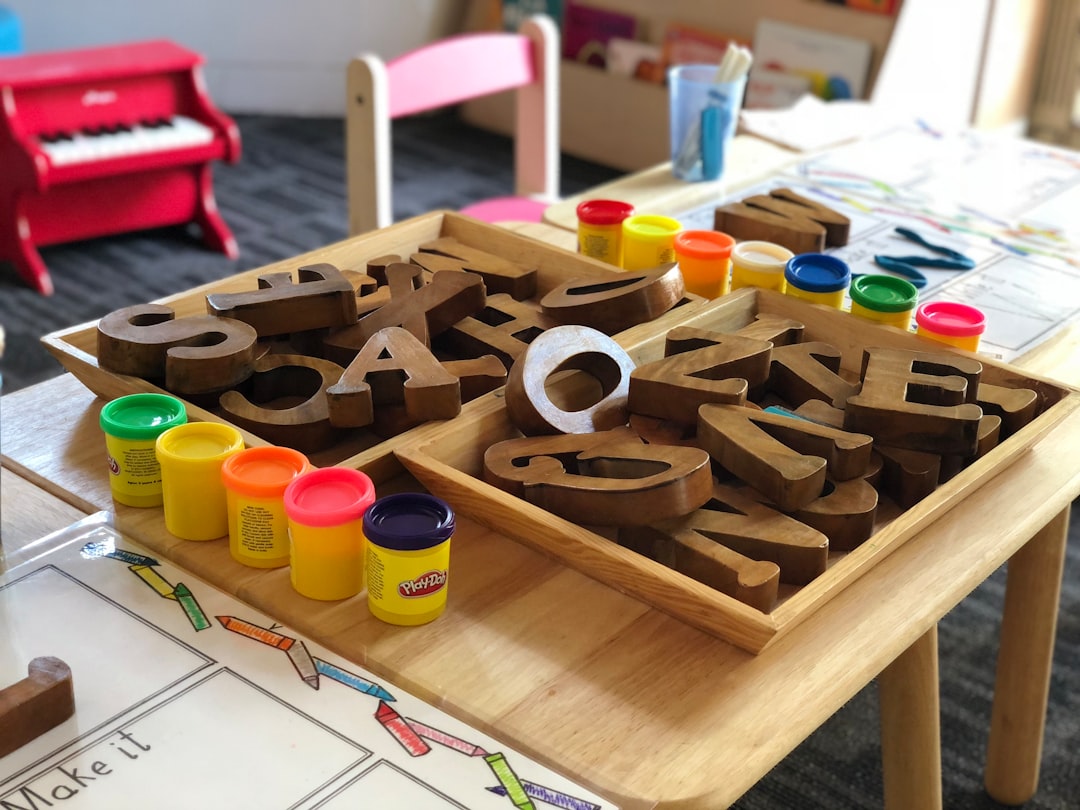Childhood trauma, including abuse and exposure to domestic violence, has significant lasting effects on mental health. In Pennsylvania, where individuals often seek legal help through a lawyer for sex abuse, social media platforms play a crucial role in raising awareness, reducing stigma, and encouraging victims to come forward. These platforms facilitate the sharing of personal stories, educational content from reliable sources, and available resources, fostering community among survivors and allies while promoting early intervention strategies. However, responsible information sharing is essential, including anonymizing stories or obtaining consent, as well as utilizing reputable sources for statistics and insights. Successful campaigns like #SpeakUp and advocacy group videos on Facebook and YouTube demonstrate social media's potential to reach broad audiences and provide support for trauma survivors seeking legal assistance from lawyers for sex abuse in Pennsylvania.
Social media offers a powerful platform to shed light on childhood trauma, its impact, and potential recovery paths. This article delves into the transformative role of digital tools in raising awareness, exploring strategies that balance sensitivity with reach. From understanding the issue to successful initiatives, we examine how social media can empower survivors and advocate for justice, particularly in contexts like Pennsylvania, where a lawyer for sex abuse plays a vital role. By navigating ethical boundaries, we aim to illuminate effective online campaigns for trauma support.
Understanding Childhood Trauma and Its Impact

Childhood trauma, encompassing a range of adverse experiences, can profoundly shape an individual’s future well-being. It includes physical, emotional, or sexual abuse; neglect; exposure to domestic violence; or living in environments characterized by extreme poverty or instability. These experiences can lead to long-lasting mental health issues such as depression, anxiety, and post-traumatic stress disorder (PTSD). In the context of Pennsylvania, where individuals seeking justice often turn to a lawyer for sex abuse, raising awareness about childhood trauma is not just crucial but imperative.
Understanding these impacts is essential to fostering empathy and advocating for support systems that address the needs of those affected. Social media, with its vast reach and ability to spark conversations, can play a pivotal role in this awareness campaign. By sharing personal stories (while maintaining confidentiality), educational content from reputable sources, and highlighting available resources, platforms like Twitter, Instagram, and Facebook can help reduce stigma, encourage victims to speak out, and promote early intervention strategies.
The Role of Social Media in Awareness Campaigns

Social media platforms have become indispensable tools in modern awareness campaigns, offering unprecedented opportunities to reach and engage diverse audiences. In the context of childhood trauma, these platforms can serve as powerful catalysts for education, support, and advocacy. By leveraging hashtags, influencer partnerships, and viral content, organizations dedicated to preventing or addressing sexual abuse (like those seeking a lawyer for Sex Abuse Pennsylvania) can gain significant traction.
The reach and interactivity of social media allow for immediate feedback and the sharing of personal stories, fostering a sense of community among survivors and allies. This digital landscape enables continuous conversations, breaks down stigma, and encourages individuals to seek help or offer support. Furthermore, social media campaigns can effectively dispel myths, provide valuable resources, and direct people towards reputable organizations working in this field.
Effective Strategies for Sharing Sensitive Information Online

When discussing sensitive topics like childhood trauma, especially in relation to sexual abuse, it’s crucial to employ strategies that ensure information is shared responsibly and ethically. Online platforms, while powerful tools for awareness campaigns, require a nuanced approach. One effective method is to share personal stories through anonymized accounts or with consent, ensuring privacy and protecting individuals’ identities. This can be done through dedicated support groups or pages managed by organizations specializing in trauma support and advocacy.
Additionally, providing educational content that raises awareness without sensationalizing or exploiting the issue is vital. Utilizing statistics, expert insights, and resources from reputable organizations can help dispel myths and misconceptions. Encouraging open conversations about the signs of trauma and available support systems can also facilitate early intervention and better outcomes for those affected. Engaging influential figures, including lawyers specializing in Pennsylvania sexual abuse cases, can further amplify these messages while ensuring accurate information reaches a wide audience.
Case Studies: Successful Social Media Initiatives

Social media platforms have proven to be powerful tools in raising awareness about various social issues, and childhood trauma is no exception. Several initiatives have successfully utilized these digital spaces to shed light on this complex issue. For instance, the #SpeakUp movement has gained significant traction on Twitter and Instagram, encouraging survivors of childhood trauma to share their stories and fostering open conversations. This campaign has not only provided a platform for victims but also helped reduce the stigma associated with discussing traumatic experiences.
Another notable example is the online campaign by advocacy groups in Pennsylvania, where they utilized Facebook and YouTube to spread information about resources available for survivors of sexual abuse. By sharing personal videos and testimonials, these organizations reached a wide audience, including many who might have been unaware of the support systems in place. Such initiatives highlight the potential of social media to not only raise awareness but also provide a sense of community and solidarity for those affected by trauma.
Ethical Considerations and Legal Implications for Lawyers

When utilizing social media to raise awareness about childhood trauma, particularly sensitive issues such as sexual abuse, lawyers must navigate a complex landscape of ethical considerations and legal implications. Sharing personal stories or advocating for victims online can be powerful tools, but it also carries risks. Lawyers in Pennsylvania, or any jurisdiction, should be mindful of client confidentiality and the potential for re-traumatization when discussing such sensitive matters publicly.
The use of social media platforms may expose individuals to additional harm, especially if personal details are shared without proper consent or consideration for the victim’s well-being. Moreover, online discourse can lead to misinformation or the spread of rumors, which could further complicate legal proceedings. Therefore, lawyers should exercise caution when using social media for advocacy and ensure they comply with ethical guidelines and relevant laws, particularly when representing clients who have experienced childhood trauma, including sex abuse survivors in Pennsylvania.





